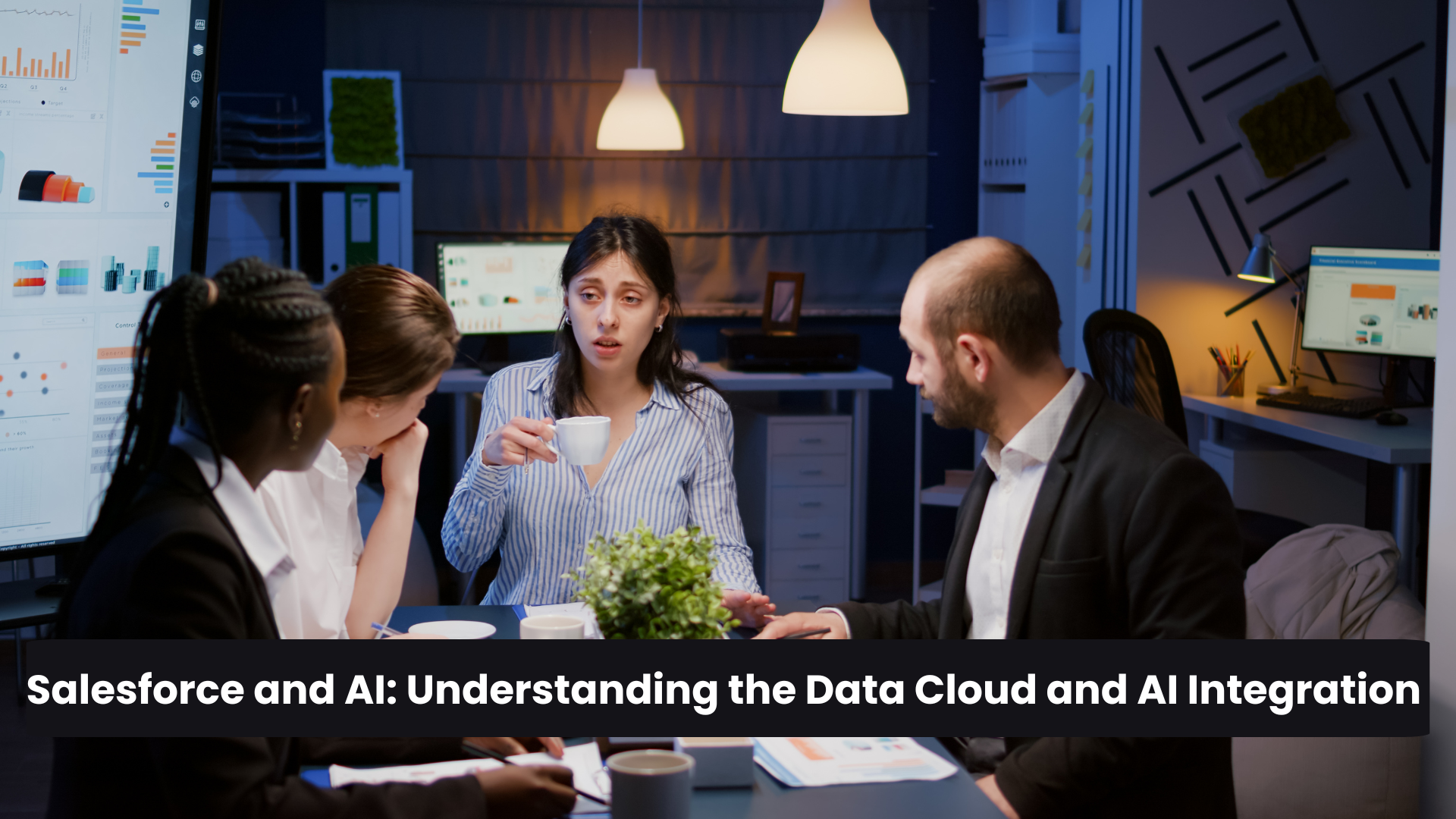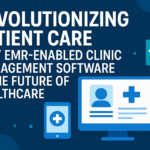
Artificial intelligence (AI) together with customer relationship management (CRM) brought a revolution to both business data handling and customer platform communication. The digital customer engagement transformation is led by Salesforce which became famous for its creative approach to platform development. The Data Cloud by Salesforce stands as its most significant tool to leverage AI technology among its various solutions. The technological union produces transformative results for data utilization while originating new standards for CRM and business intelligence.
What Is Salesforce Data Cloud?
- According to its previous name Customer Data Platform (CDP) Salesforce Data Cloud operates as a real-time data platform that unifies and harmonizes large customer data for activation. The platform receives multiple data sources from web activities and mobile and CRM systems and social networks together with offline data collections before uniting it under a centralized data hub. After unifying different data sources into one cohesive system the platform cleans up the collected data before eliminating duplicates and structuring it to establish one confirmed customer document.
- The main value proposition of Data Cloud emerges from its ability to unite various data points before generating valuable insights. A retail brand can develop customized marketing programs through uniting purchase data with site activity and service records that provide instant responses to customer actions.
Read: Top Reasons to Hire a Family Lawyer in Mississauga
Real-World Use Cases of AI and Data Cloud Integration
Precious analytics power emerges when scientists apply AI abilities onto the Data Cloud infrastructure. The Data Cloud allows Salesforce AI platform with Einstein as its main feature to derive predictive insights while recommending actions and executing automated workflows.
The Data Cloud achieves its enhancement with the help of AI technology.
- Predictive Analytics: AI uses previous patterns to produce behavioral forecasts about what action future leads will take such as converting or not.
- Intelligent Segmentation: The system segmentate audiences automatically using machine learning methods by understanding behavioral and preference patterns of users.
- Personalization at Scale: The technology enables AI to deliver customized recommendations as well as tailored product suggestions combined with individualized offers through all marketing channels.
- Smart Automation: The automation of repetitive tasks using intelligent systems enables efficient case routing and follow-ups which increases the level of customer satisfaction.
AI systems can identify rising customer complaints regarding products through service scenarios. The Data Cloud data enables Salesforce to launch automatic support campaigns and notify product teams.
Real-World Use Cases of AI and Data Cloud Integration
- Retail Personalization: A fashion retailer unites customer information from online browsing actions and in-store purchases together with their loyalty program data by using Salesforce Data Cloud. AI uses its prediction capability to identify which customers would be interested in new product lines before creating customized promotional offers.
- Financial Services Risk Management: Financial institutions utilize Financial Services Risk Management through Data Cloud facilities that merge customer transaction information into a single platform. AI detects fraudulent behavior patterns in real time which enables instant response when such patterns occur.
- Healthcare Patient Engagement: The healthcare industry implements EHR (Electronic Health Record) systems to interact with Salesforce Data Cloud for patient engagement purposes. The predictions of AI support identifying patients who will not show up for appointments which allows staff to create personalized outreach plans to boost appointment attendance.
- Travel and Hospitality Optimization: The Data Cloud facilitates travel and hospitality companies to obtain traveler preferences and collect performance feedback from their customers. Analysis from Artificial Intelligence technology leads to maximizing flight promotions and enhances customer interactions.
Benefits for Businesses and End Users
The combination of AI systems with Salesforce Data Cloud produces advantages throughout all operational levels.
- 360-Degree Customer View: The business achieves complete insight into its customers through 360-Degree Customer View which supports enhanced customer relationships.
- Faster Decision-Making: AI-regulated data analysis results enable the execution of quick decisions through instant information discovery and recommendation services.
- Scalability: Customer data expansion requires no difficulties because the AI-Data Cloud combination provides automatic scalability to retain both performance capabilities and relevance.
- Improved Customer Satisfaction: experience better satisfaction rates because personalized interactions through the system produce loyal consumers.
From a user point of view Salesforce maintains an intuitive interface for people who need to access its system. The system provides artificial intelligence insights that non-specialist users can exploit although those users lack programming skills and advanced data management capabilities.
Preparing for the Future: Skills and Strategy
Preparing for upcoming challenges requires obtaining specified competencies along with strategic approaches.
Professionals who work within Salesforce’s ecosystem need to adapt because AI and Data Cloud form the core elements of Salesforce’s future developments. All members of the Salesforce ecosystem including administrators’ developer’s, marketers and business leaders must gain competence in data modeling AI principles and platform configuration to succeed.
- The automated task capabilities delivered through Flow and Einstein tools should be studied by admin personnel in their AI exploration.
- Programmers who want to improve AI applications must learn Apex and Salesforce Functions.
- Salesforce marketers should exploit their real-time personalization functions to effectively target customers through more precise marketing approaches.
- Business consultants must learn the necessary steps to implement data cloud services alongside artificial intelligence functions that serve organizational objectives.
The Trailhead learning platform and certification programs of Salesforce dedicate extensive investment to AI and Data Cloud education resulting in easier professional development opportunities.
Conclusion
The combination of AI with the Data Cloud by Salesforce represents a key development stage in modern customer relationship management systems. Such technology turns static information into active business insights which allow organizations to predict market requirements and operate with automation to provide customized solutions. The future demands dominance over Salesforce Data Cloud and AI integration services to sustain competition within any industry sector.





